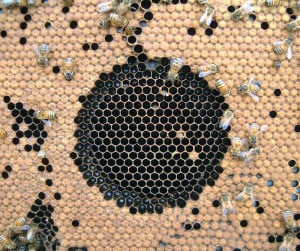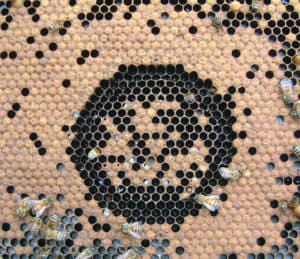boca
House Bee
Exactly 50 years ago Rothenbuhler discovered that colonies that show this behavior are resistant to AFB. This is clearly advantageous to the colony (and to the beekeeper). However only 10 - 12 % of the colonies have this trait. In the competition it seems most often the lower or not hygienic trait is stronger.
What could be the disadvantage of this behavior?
What could be the disadvantage of this behavior?





